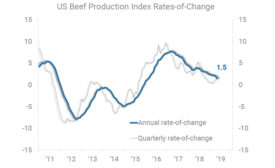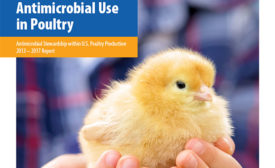Expert Commentary
Meat Science Review
Poultry chilling and shelf life
Effects of water chilling vs. air chilling on shelf life of poultry products
Toni L. Duarte
Aeriel Belk
Jennifer N. Martin
Keith E. Belk
Jonathan Eisen
David Coil
Jessica L. Metcalf
Xiang Yang
September 12, 2019
Guest Column | Ag Advocacy
Why meat and poultry processors need to build relationships with restaurants, retailers
As the animal-rights movement becomes more aggressive, everyone in the supply chain needs to work together to remain focused on our goal: providing a safe and abundant food supply.
Read More
Regulations & Legislation
Targeting Campylobacter
FSIS proposes new Campylobacter performance standards for NRTE comminuted poultry
Read More
Stay ahead of the curve. Unlock a dose of cutting-edge insights.
Receive our premium content directly to your inbox.
SIGN-UP TODAYCopyright ©2024. All Rights Reserved BNP Media.
Design, CMS, Hosting & Web Development :: ePublishing












